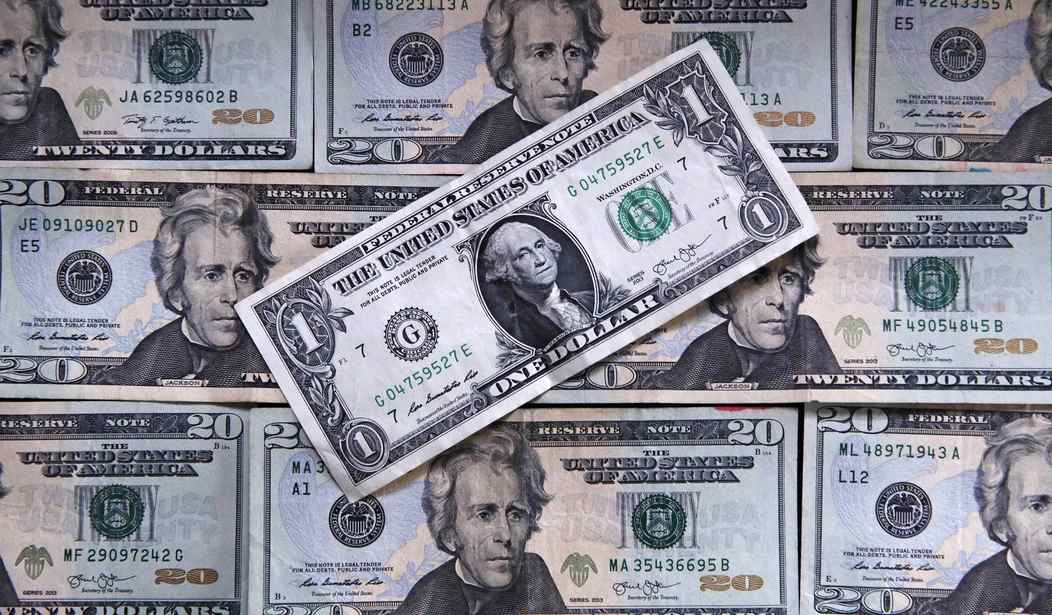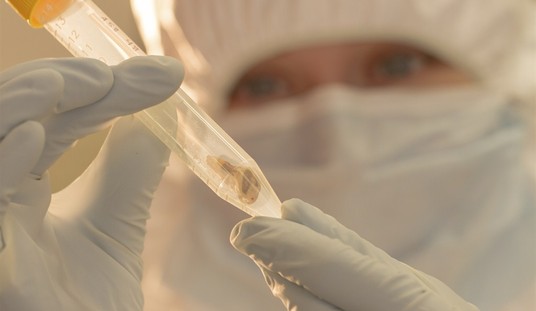One of the uglier legacies of the United States federal government’s massive pandemic relief program will surely turn out to be the Paycheck Protection Program. It was created to provide “forgivable loans” (really little more than grants in most cases) that would allow business owners to keep paying their staff during the government shutdowns. To be sure, many legitimate employers were assisted in this fashion and some workers were able to keep being paid. But as time goes on, we’re slowly but surely uncovering more and more unscrupulous people who were able to tap into those funds with little or no accountability.
That’s what apparently happened in the Chicago suburb of Markham. CBS Chicago did a deep dive into the records and discovered that more than 1,733 small businesses in Markham applied for and received PPP loans while the program was running. That sounds great for them, but there’s one small problem. There are only 311 licensed businesses on record in the city. So who was getting all of the rest of that money? You might be surprised.
There are plenty of questionable small businesses that got the free funds too – and when CBS 2’s Jermont Terry started digging into the data specifically in south suburban Markham, the math just didn’t add up.
The licensed businesses in Markham number 311 in all. A list of them can be printed out on just a few pages.
But the businesses in Markham with owners who got PPP loans with your tax dollars is heavy and a few hundred pages thick. Every one of these owners claims to run some type of business in Markham, and now, the city wants to know where its own cut is.
A quick bit of simple math will show you that 1,422 “small businesses” in Markham received PPP loans without being listed as an actual business. Most received checks in amounts adding up to tens of thousands of dollars. Some received considerably more. So where are those businesses?
Markham City Administrator Derrick Champion freely admits that not all of those records necessarily represent cases of fraud. There are almost certainly some small businesses such as tax accountants who operate out of an office in their own homes, who might not show up. But they should still be registered with the city, particularly if they employ anyone.
Those can’t account for all of them, however. It’s worth pointing out that Markham is not much of a “city” by the general definition of the word. It has a population of around 12,500. That means that 1 in ten residents would have to be business owners that mysteriously don’t show up on the record books. You can go to the linked article and read a couple of the interviews that CBS conducted. They knocked on the door of one woman’s house and asked to sign up for the fitness sports complex registered at her address. She had no idea what they were talking about, but she had only purchased the home recently. The man who had presumably applied for and received the loan was long gone.
The news team followed up and went to find more of these businesses. One was a landscaping business owned by Markham police Officer Kenneth Muldrow, who had received a PPP check for tens of thousands of dollars. The address he listed for the business turned out to be the address of the police station. When a reporter confronted him he first tried to deny being the officer in question. When asked about his landscaping business he simply said he didn’t own any such business. He is now on suspension and under investigation.
Other examples abound. But when you think about the hundreds of billions of dollars that PPP paid out, consider the following. As I said, Markham is a city of barely 12,500 people. In that tiny population, there were very likely well over one thousand people who received fraudulent PPP loans. And the government didn’t detect any of them. It took a local news crew to dig through the books and go investigate before they began being discovered. How many more are there across the country? Yet again, it appears that the federal government was in such a rush to demonstrate that they were “doing something” to help people that they didn’t bother to build any measurable oversight into the process. People quickly figured that out and started raiding the piggy bank. Well done, Washington. Yet another masterful plan works out beautifully.








